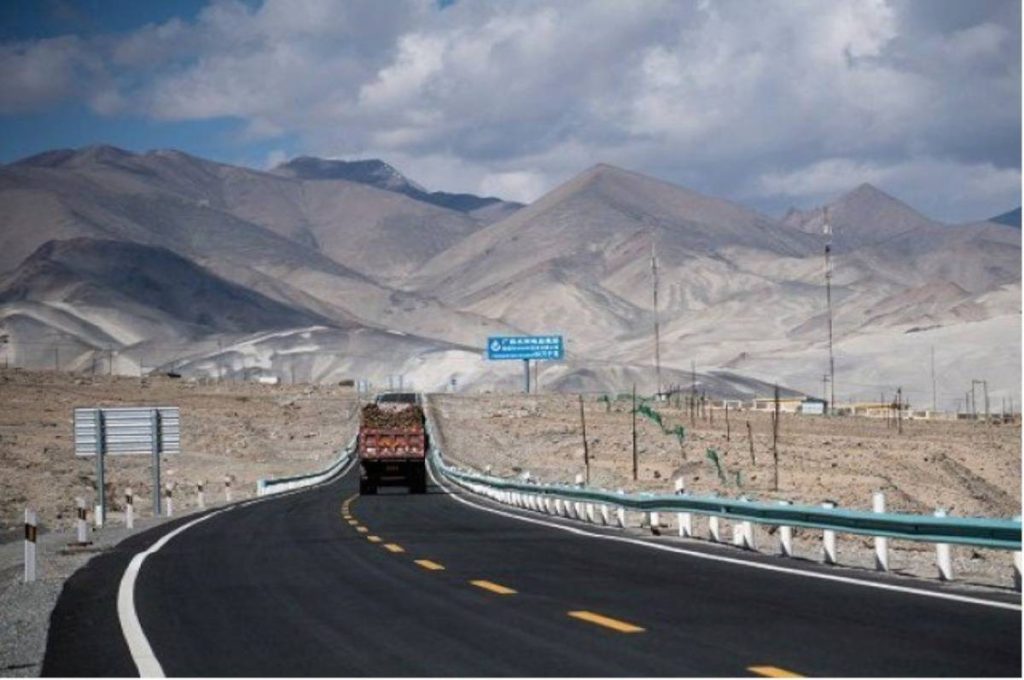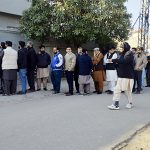Beijing’s refusal to release the promised funds has affected the CPEC project implementation…reports Asian Lite News
The ongoing financial crisis in Pakistan and the economic slowdown in China appear to have had bearing on the progress of the China-Pakistan Economic Corridor (CPEC) programme, reported Islam Khabar.
The CPEC project that was commenced a decade ago was held as a harbinger of prosperity for Pakistan. However, seven years later, many projects under the CPEC still remain non-starters while some of those being operational have become liabilities and are incurring losses. Not just it is causing delays but has made the megaproject struggle for funds, reported Islam Khabar.
Moreover, Beijing’s refusal to release the promised funds has affected the CPEC project implementation and at the same time, cash-strapped Pakistan is being compelled to repay Chinese loans procured so far.
CPEC was launched in 2013 and most of the conditions in the agreement remain vague or hidden from general public knowledge.
Barring a few power projects, the major CPEC projects remained on paper till 2020 when the much-touted infrastructure programmes saw cost escalation to around USD 62-65 billion.
Now, it is said the cost has increased further, thanks to the increase in the capital cost of the different projects under the CPEC. The recent developments suggest Beijing is losing interest and confidence in the CPEC, reported Islam Khabar.
This is going to be difficult for the Islamabad government as the CPEC would remain incomplete, become a huge liability, and send Pakistan into a debt trap.
Implementation of an important CPEC project, the Mainline1 (ML-I)-railway line between Karachi and Peshawar–has been asked to be shelved by the Chinese government over feasibility issues.
After China’s backout, Pakistan has decided to build it on its own since the 1,871-km ML-I is one of the major four railway lines in Pakistan, reported Islam Khabar.

However, the Islamabad government now will have to shell out a whopping USD 11-12 billion for the project. It was earlier pegged at USD 6.8 billion.
“If we don’t start the ML-I project immediately, the mainline of Pakistan Railways will likely collapse within one year,” said Ahsan Iqbal, Pakistan’s Minister for Planning and Development.
Similarly, another crucial project, the Karachi Circular Railway (KCR) also has been dropped off the list of CPEC projects. And Pakistan does not have the funds to construct it, reported Islam Khabar.
Pakistan Railways Minister Khawaja Saad Rafique said the project was not “doable” after China backed off. “Looking at our circumstances, I don’t see the KCR happening, really,” he said.
Moreover, China’s economic situation in 2022 has been the worst in the past five decades as the GDP growth remained below 3 per cent. Even though China may see economic recovery in 2023, it may not be able to extend financial support to Pakistan.
The progress of the CPEC projects getting slower as the financial support from China is shrinking.
Meanwhile, Pakistan is facing a double whammy of reduction in Chinese funds and inability to get new infra loans due to economic slowdown. At the same time, it is bound by repaying Chinese loans that account for 30 per cent of its total external debt. (ANI)














